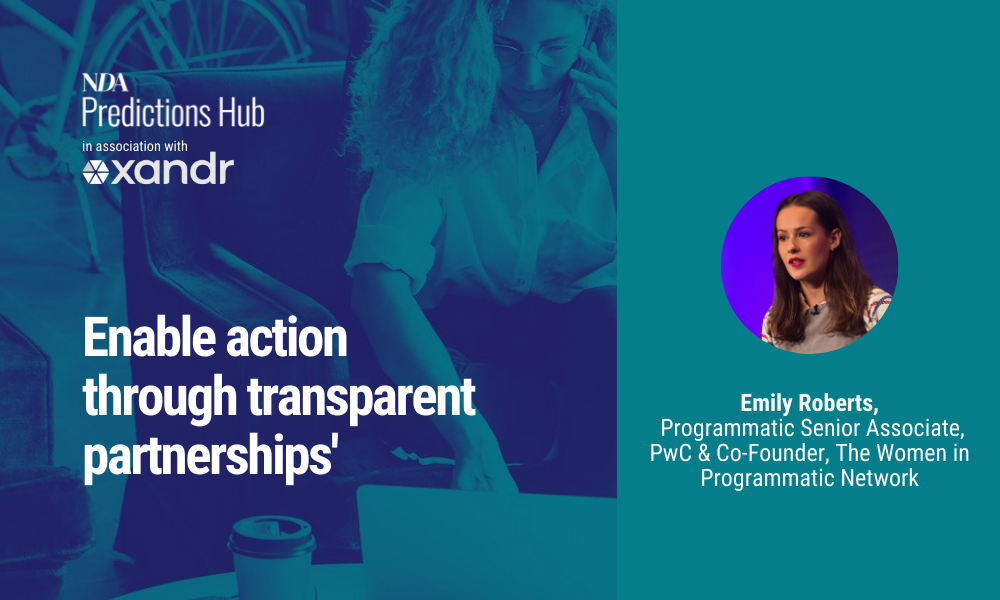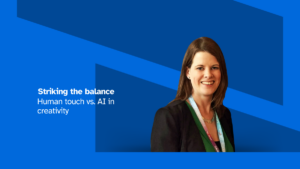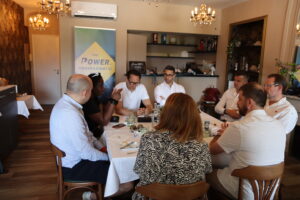NDA, in partnership with Xandr, is collecting the views of some of our industry’s leading figures for their predictions on 2022 and beyond. Next up is Emily Roberts, Programmatic Senior Associate, PwC & Co-Founder, The Women in Programmatic Network.
What role will contextual play in 2022?
Contextual has always played a large role in the advertising ecosystem, parts of the industry argue that contextual is the solution to third-party cookies. However that is simply not the case, we have been using contextual since the very first digital ad on HotWired in 1994.
Something was missing though, publishers wanted to further optimise yields and CPMs, while advertisers wanted increased precision in targeting their consumers, which is where the role of audience targeting was introduced.
With the announcement that Google is pushing the deprecation of third party cookies back to 2023, contextual isn’t the solution but a strong ally for audience targeting.
With the depreciation of third-party cookies, is this the end of personalised advertising?
Personalisation comes in all different shapes and sizes, from location targeting to targeting pet owners, there are many ways that we can personalize an ad other than simply utilising our first-party and third-party data. Understanding the publishers you work with and the demographic of the audience they draw can provide creative ways of targeting your audiences.
With an estimated value of $10 billion, third party cookies are worth a lot to our industry, meaning many providers will claim they have the winning “solution”. The challenge we face is knowing which is the right one to pick in terms of due diligence with readers and data compliance.
Whilst the deprecation of third-party cookies will not end personalisation of ads, data compliance will make it increasingly challenging for advertisers to collect data, and target their own consumers in the ways the industry is currently doing so.
What technology or innovation are you most excited about for 2022?
We are at a fascinating evolution in the gaming world. Facebook’s metaverse spending will top $10 billion this year, and the name change to Meta just shows the ooze of confidence they have in the gaming and the virtual reality market.
Admix found that 93% of media buyers are planning to run in-game advertising by 2025, and with around three billion active gamers globally spending roughly $176bn on gaming this year alone, it’s not hard to understand advertiser enthusiasm. Definitely a space I will be watching.
What is the biggest challenge in your sector when it comes to digital advertising and how will it be overcome?
Awareness of what PwC does within the advertising sphere is our biggest challenge.
The team have already been part of groundbreaking award-winning studies including the ISBA and PwC transparency study which highlighted that 15% of programmatic revenue is not accounted for.
We also help IAB to run its AdSpend study each year to understand the value of our industry, as well as audit campaigns for advertisers, write leading whitepapers for the industry, and ensure advertisers are getting the best out of their marketing budgets. In an industry where accountability is desperately needed for all players we like to think our team plays an important part in this.









